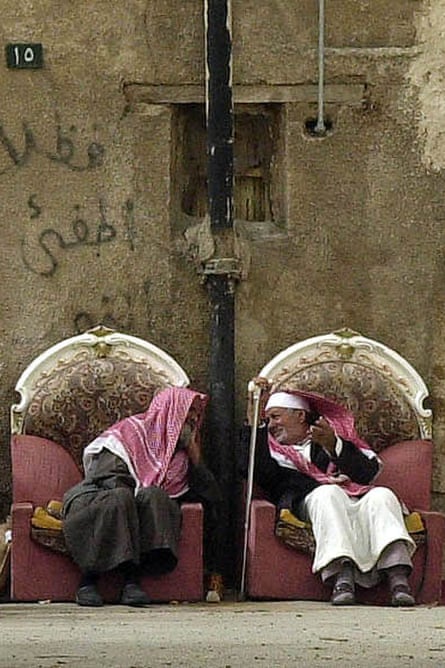The Saudi government has banned official purchases of cars and furniture and slashed travel budgets and infrastructure spending as it faces its gravest fiscal crisis for years because of low oil prices, according to leaked internal government documents.
Secret Saudi policy memos issued by King Salman to the finance minister detail the new economic austerity measures to be implemented across all government ministries. Saudi public finances have been depleted this year by tumbling oil prices to such an extent that the kingdom is expected to run a deficit of at least 20% of GDP in 2015.
One letter marked “Highly Confidential and Most Urgent” dated 14-12-1436 (28 September 2015 in the Islamic calendar) gives strict instructions to stop any new projects, end the purchases of any new vehicles, furniture or other equipment, freeze all appointments and promotions, stop compensation payments for property, and halt any new rental agreements.
Expenditure from existing budgets and projects during the fourth quarter are forbidden to exceed 25% of the agreed totals, and expenditure on travel and other business-related expenses are not to exceed 15% of the original budget.
The speed at which oil revenue is brought into the finance ministry’s coffers must also be increased, and the letter says the king’s orders must be implemented immediately, provided no outstanding contractual rights are affected. The Guardian has been unable to authenticate the documents, but experts say they appear to be genuine.
The oil crunch – prices have halved to barely $50 a barrel over the past two years – has coincided with an expensive war in neighbouring Yemen and some sudden largesse decreed by Salman when he succeeded his late half-brother Abdullah as the new king in January.
“The deficit has been inflated by Salman’s decision to award an extra month’s salary to all state employees after he came to the throne,” said David Butter, a Saudi expert at the Chatham House thinktank. “The Yemen war will have added to the government’s costs, although it’s not clear whether it will show up in the accounts.”
Another leaked document on Ministry of Finance notepaper entitled “Instructions on closing the accounts and preparing the final account for the financial year 1436-37” ends with instructions that ministries must make final payments for the year-end before close of business on 15 November.
Since the Saudi fiscal year finishes on 30 December 2015, this suggests many Saudi civil servants could go unpaid for the final six weeks of the year.
Last year an official Saudi government report said more than 1.3 million people – or 12% of the total number employed – were employed in the public sector in Saudi Arabia, with women making up 38.7%.
Steffen Hertog, associate professor at the LSE’s department of government, describes the documents as a “wake-up call”.
“This is the first shot across the bow for all government agencies with significant budgets to rein in their spending,” he said, calling it “a typical jackhammer response: a general crackdown or freeze on all types of spending all across the board. Later on they think about more targeted measures.

“They are not running out of money right now,” he added, “they are just spending dramatically more than they have in terms of revenue.
“They need to do more painful things that require more planning, more sensitive political stuff like utility price reforms – electricity and gasoline – and public-sector reforms, wages and bonuses. That will be harder and they probably won’t do it very fast.”
Saudi Arabia had been hit by the “unfortunate coincidence of a royal succession and a sudden precipitous decline in oil revenue”, Hertog said, adding that the cost of public-sector bonuses, the war in Yemen and aid to regional states such as Egypt had pushed up the estimated break-even oil price to $110 a barrel.
Within hours of being published the documents had been circulated widely as alarmed Saudis discussed the new austerity measures and questioned what impact they would have on them.
“There has been a lot of lax fiscal discipline” said Hertog. “During the boom years there was a sense that money was endless. There has been significant overspending on all the national budgets from the early 2000s on, on average around 15% of the planned budget, and now the message is they won’t have that any more.”
Butter added: “The Saudis don’t have any major source of revenue apart from oil. They have very little taxation, there’s no VAT. There are a lot of subsidies throughout the whole system, and a very heavy public-sector payroll. Wages are out of control. The problems have been familiar for a long time.”
